Nov 20 (V7N) – The United States officially recognized Edmundo Gonzalez Urrutia as Venezuela’s president-elect on Tuesday, intensifying international condemnation of the disputed July 28 election in which incumbent Nicolas Maduro claimed victory amid widespread allegations of fraud.
In a statement on social media platform X, U.S. Secretary of State Anthony Blinken declared that the Venezuelan people had spoken and called for respect for their will:
“Democracy demands respect for the will of the voters.”
This marks the first time Washington has explicitly referred to Gonzalez Urrutia as "president-elect," solidifying President Joe Biden's earlier position that Gonzalez Urrutia had legitimately won the contested election.
Maduro Regime Responds with Outrage
The Maduro government dismissed the U.S. announcement as "ridiculous." Venezuelan Foreign Minister Yvan Gil called Blinken an "avowed enemy of Venezuela" and mocked Washington’s stance with a proverb:
“Once you are ridiculous, you never stop being ridiculous.”
Maduro, who claimed a controversial third term in the election, continues to preside over a deeply troubled Venezuela. The oil-rich country is plagued by economic collapse, food shortages, and a repressive regime accused of systematic human rights violations.
Opposition Leaders in Exile or Hiding
Following the contested election, Gonzalez Urrutia fled to Spain due to an outstanding arrest warrant. Maria Corina Machado, the opposition party leader initially barred from running for president, has gone into hiding.
The Maduro regime has faced widespread domestic protests and global criticism, including from the European Union. Protests in Venezuela over the election led to 28 deaths, 200 injuries, and 2,400 arrests, with 224 protesters released to date.
A New U.S. Administration Looms
Washington’s recognition of Gonzalez Urrutia comes as Republican President-elect Donald Trump prepares to take office on January 20, 2025. Trump’s appointment of Senator Marco Rubio as Secretary of State signals a potential hardline approach toward leftist governments in Venezuela, Nicaragua, and Cuba.
Rubio, the son of Cuban immigrants, has long been a critic of Maduro’s regime and is expected to push for stronger measures against Caracas.
The U.S. recognition of Gonzalez Urrutia could embolden opposition movements but risks escalating tensions with Maduro’s government. Analysts anticipate increased diplomatic pressure from Washington and possibly the EU, as well as renewed debates over international intervention or sanctions to restore democratic governance in Venezuela.
For now, the spotlight remains on Gonzalez Urrutia, who thanked the U.S. for its support, calling it a recognition of the Venezuelan people's struggle for change.



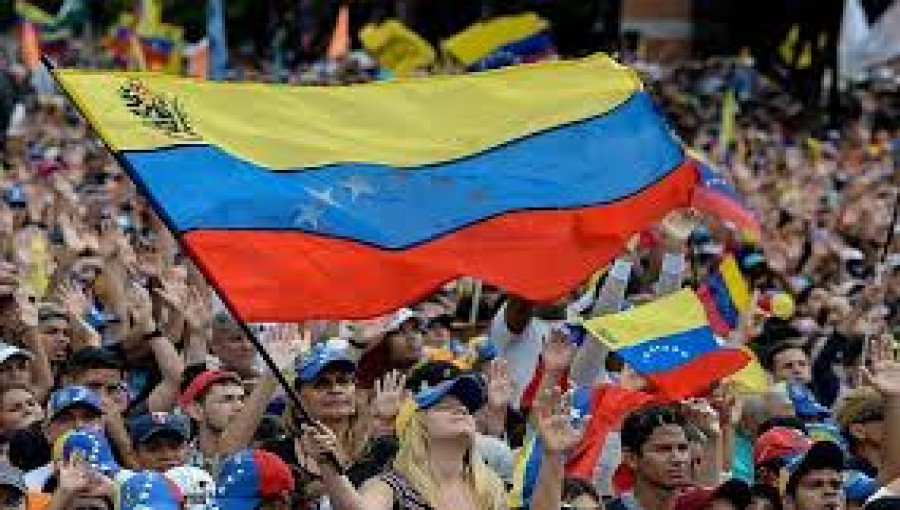

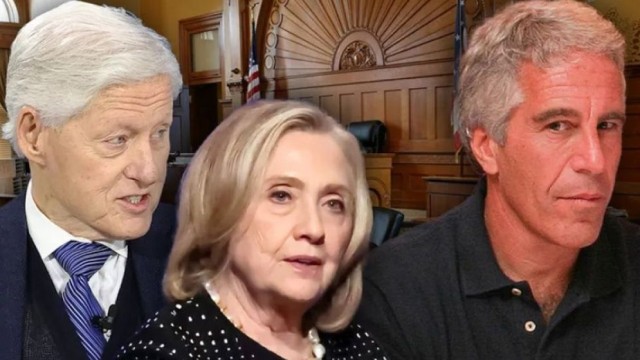
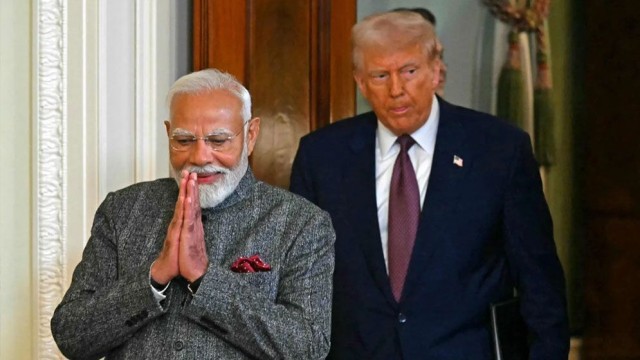
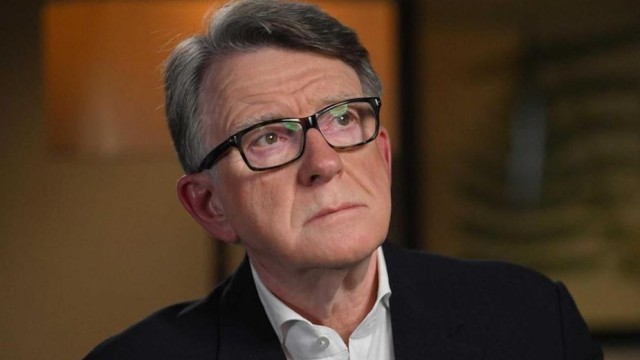

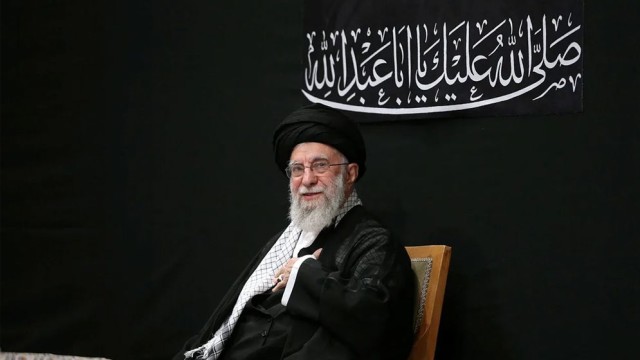
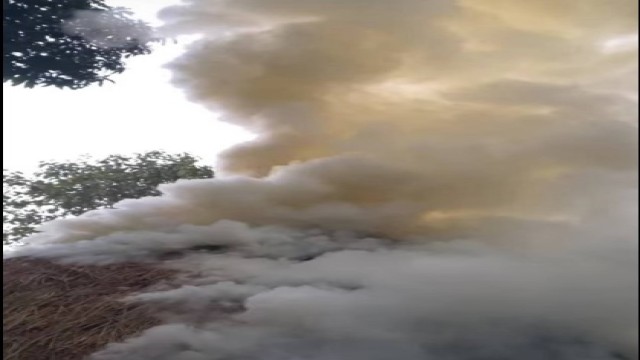
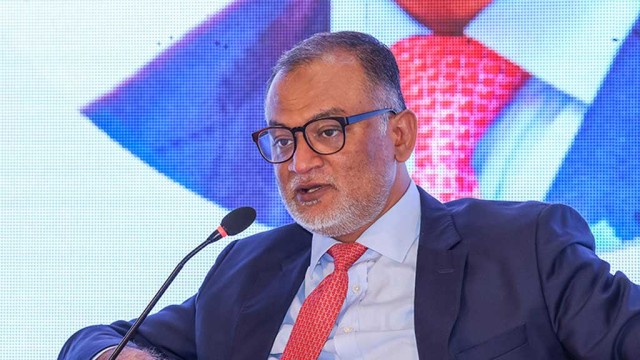


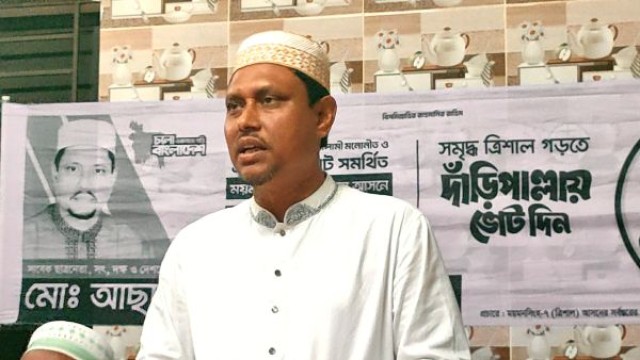
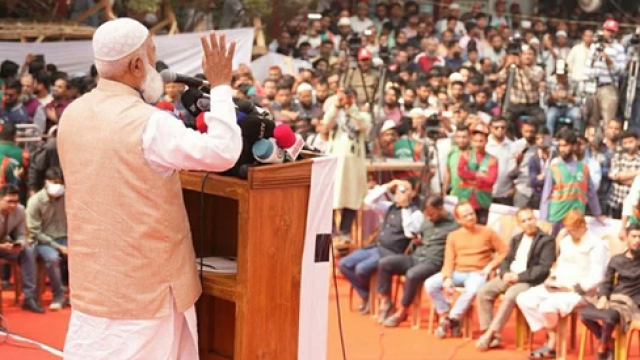

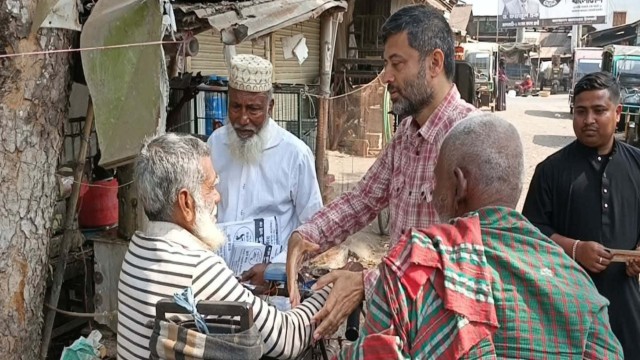
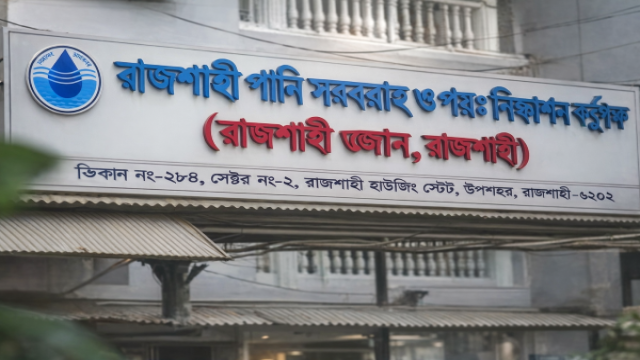
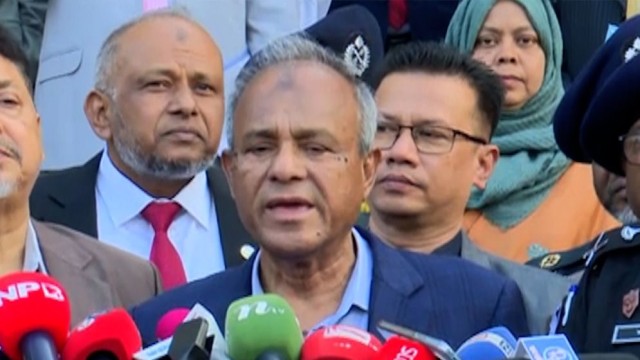











Comment: